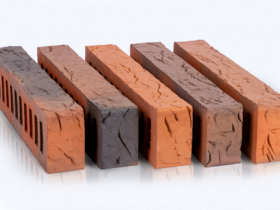Tile glue junis (unis) 2000, 25 kg in the package, is a dry finishing mixture, which is the knitting component of which is the cement. This adhesive has a lot of positive properties: resistance to water, ensuring durable attachment of tiles to the base; the ability to carry out facing work on vertical surfaces by the “top-down” method; frost resistance; adhesion to the non -forming bases made of stone, concrete, brick and other materials; harmfulness to the environment and humans; ease in the preparation of the working solution; Standardized composition.
Glue junis 2000, the price of which is indicated in the price list, has all the necessary certificates and complies with the GOST of Russia and European standards.
When working with tile glue, Unis 2000 must follow all the rules set forth in the packaging instructions. Unis glue tile 2000 (25 kg) is a dry mixture diluted with water at room temperature in the ratio of approximately 5 liters per bag.
With the help of glue for tiles, unis 2000 can be faced with the surfaces of mosaic, ceramic, stone and tiles so that per 100 kV. cm had a load of not more than 400 g. Before carrying out the work, the base should be degreased and depleted, all substances that can prevent adhesion of glue unis 2000 must be removed. The air in the room, like the bases, should not be colder than +5 ° C.
When applying junis 2000, glue consumption is about 3, 5 kg per 1 sq. m. The calculation of this approximate and the use of a 6×6 spatula is taken into account. The viability of the finished solution is three hours, and the possibility of adjusting the tiles is allowed by the manufacturer for 10 minutes after gluing. You can wipe the seams and walk on the lined surface already after 24 hours.






